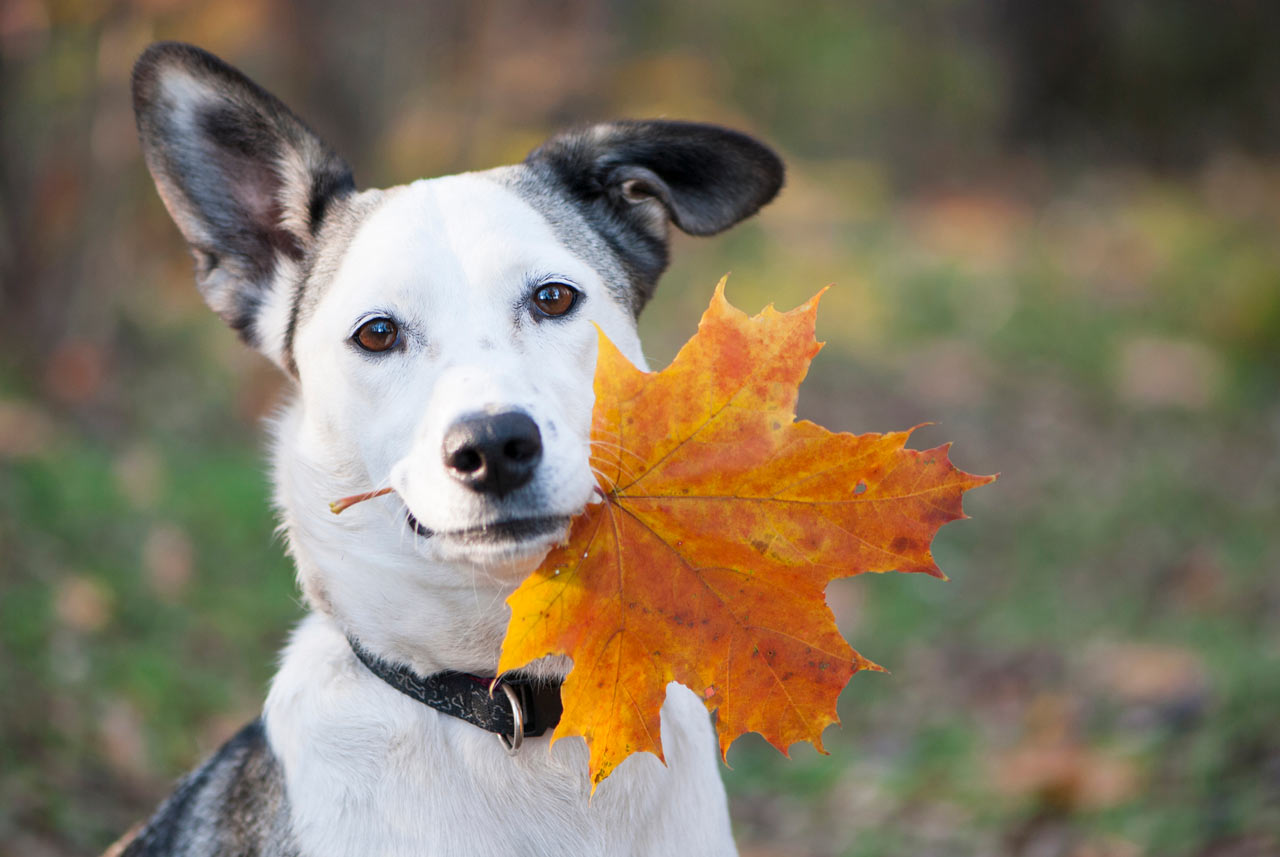Responsible Dog Ownership Month: 10 Habits Every Pet Parent Should Adopt

Why Responsible Dog Ownership Matters
Every September, pet advocates highlight Responsible Dog Ownership Month, a reminder that having a dog means more than providing food and shelter — it's a lifelong commitment to their health, happiness, and safety.
Being a responsible pet parent doesn't have to be complicated. In fact, small, consistent habits can make a big difference in your dog's well-being. Here are 10 easy habits that can transform your dog's life — and strengthen the bond you share.
1. Prioritize Preventive Veterinary Care
- Annual exams: Regular vet visits catch issues early, from dental disease to arthritis.
- Vaccinations & parasite prevention: Stay up-to-date to protect against heartworm, fleas, ticks, and other preventable illnesses.
- Routine bloodwork: Especially for senior dogs, this can detect hidden health problems.
Tip: Preventive care is often less costly (and less stressful for your dog) than treating advanced illness.
2. Maintain a Healthy Weight
Keeping your dog at a healthy weight is one of the most important things you can do for their overall health and longevity.
Why Weight Matters
- Dogs at a healthy weight live longer, higher-quality lives.
- Extra weight puts strain on the joints, heart, and lungs, and raises the risk of arthritis, diabetes, and cancer.
- A lean dog is not “hungry” — they're healthy.
Remember: You're doing something truly loving for your dog by not giving in when they beg or “guilt” you into extra food or treats.
Practical Tips
- Measure meals: Don't eyeball — use a measuring cup or kitchen scale.
- Treat calories count: Subtract treats from the daily food allowance.
- Use kibble as treats: If your dog eats kibble, set aside part of the daily ration to use during training or as rewards.
Healthy Treat Ideas
- Small pieces of carrots, green beans, or apple slices (without seeds).
- Freeze-dried lean proteins (like chicken or salmon).
- Kibble from their own meal portion.
For more healthy snack suggestions, check out our article: Healthy Treats for Dogs: Smart Snacks That Support Health.
3. Provide Mental Stimulation
- Enrichment toys: Puzzle feeders, snuffle mats, and food-dispensing toys keep your dog engaged.
- Training sessions: Short, positive sessions reinforce good manners and challenge your dog mentally.
- Rotate toys: Variety prevents boredom and destructive behavior.
- Bonding activities: Games like hide-and-seek or nose work strengthen your relationship.
4. Commit to Training & Socialization
- Basic manners: Commands like “sit,” “stay,” and “come” keep your dog safe.
- Leash training: Prevents pulling and improves walks for both of you.
- Positive reinforcement: Reward-based training builds trust and confidence.
- Socialization: Controlled exposure to people, places, and other dogs helps prevent fear-based behavior issues.
5. Ensure Safety & Identification
- ID tags: Keep your contact info up to date.
- Microchip: Provides permanent identification if your dog loses their collar.
- Secure environment: Check fences, gates, and doors to prevent escapes.
- Travel safely: Use a harness, crate, or barrier when riding in the car.
6. Care for Dental Health
- Daily brushing: The gold standard for preventing dental disease.
- Dental chews or rinses: Helpful if brushing isn't always possible.
- Annual dental checks: Your vet can spot tartar, gingivitis, or tooth pain.
 Untreated dental disease can lead to heart, kidney, and liver problems.
Untreated dental disease can lead to heart, kidney, and liver problems.
Learn more in our full guide: Home Dental Care for Dogs.
7. Keep Up With Grooming & Coat Care
- Brushing: Reduces mats, skin problems, and allergens.
- Bathing: Keeps skin healthy, but don't overdo it — use gentle, dog-specific shampoo.
- Nail trimming: Prevents pain, posture issues, and injuries.
- Ear cleaning: Especially important for floppy-eared breeds prone to infections.
8. Plan for Emergencies & Veterinary Costs
- Pet insurance: Helps cover unexpected medical expenses.
- Savings fund: Even a small monthly set-aside makes a difference.
- Emergency kit: Include food, water, medications, and first-aid supplies in case of natural disasters or travel emergencies.
9. Respect Your Community
- Leash laws: Keep your dog leashed in public areas for safety.
- Pick up waste: Always clean up after your dog to protect health and community spaces.
- Licensing: Stay compliant with local pet ordinances and vaccination requirements.
10. Make Time for Love & Bonding
- Quality time: Dogs thrive on affection and consistency.
- Daily connection: Whether it's a walk, a cuddle, or playtime, make it a habit.
- Mental & emotional health: A loved, secure dog is a happy, well-behaved dog.
The Bottom Line
Responsible dog ownership isn't about being perfect — it's about consistency and commitment. By focusing on preventive care, healthy habits, enrichment, safety, and love, you'll set your dog up for a longer, healthier, and happier life.
This September, celebrate Responsible Dog Ownership Month by choosing one new habit to adopt. Your dog will thank you with years of love and loyalty.
You May Also Like These Articles:
Fabulous Tips for Walking Your Dog
Simple Tips for Helping a Dog Lose Weight
Tips for Giving Oral Medication to Your Dog
Tips for Visiting Others' Homes with Your Dog
Tips for Feeding a Hungry, Overweight Dog
General Tips for Keeping Your Dog Safe
Disclaimer: This website is not intended to replace professional consultation, diagnosis, or treatment by a licensed veterinarian. If you require any veterinary related advice, contact your veterinarian promptly. Information at DogHealth.com is exclusively of a general reference nature. Do not disregard veterinary advice or delay treatment as a result of accessing information at this site. Just Answer is an external service not affiliated with DogHealth.com.
Notice: Ask-a-Vet is an affiliated service for those who wish to speak with a veterinary professional about their pet's specific condition. Initially, a bot will ask questions to determine the general nature of your concern. Then, you will be transferred to a human. There is a charge for the service if you choose to connect to a veterinarian. Ask-a-Vet is not manned by the staff or owners of DogHealth.com, and the advice given should not delay or replace a visit to your veterinarian.



